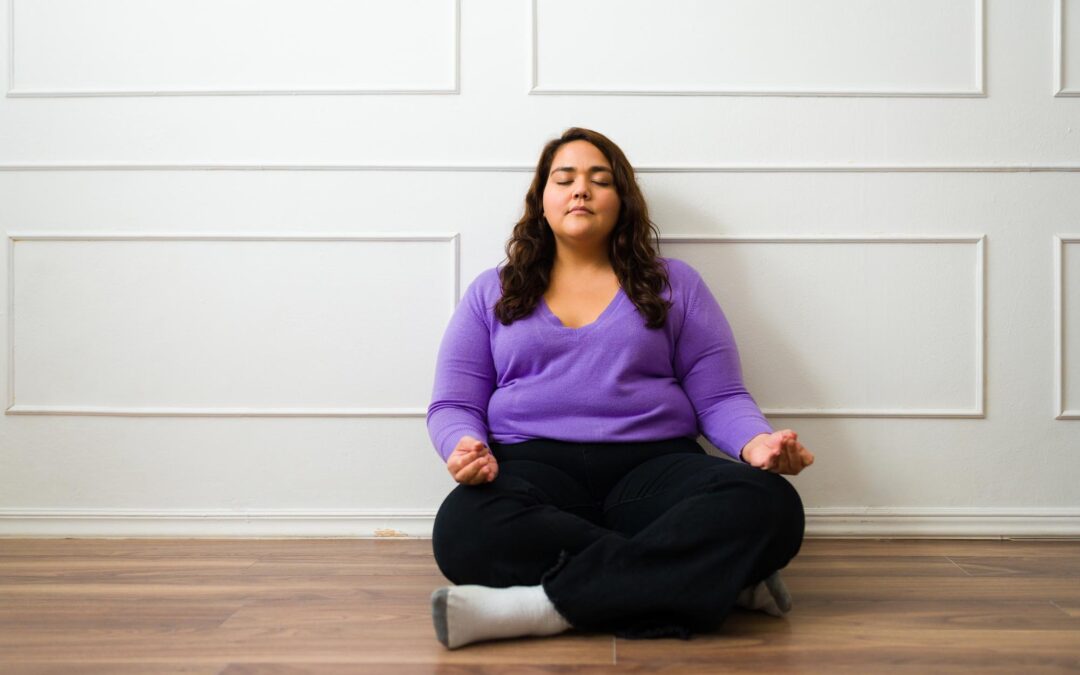Uncertain times can create a fertile breeding ground for anxiety. The unpredictable nature of events, from global pandemics to economic shifts or personal life changes, can leave us feeling unsettled, worried, and out of control. Anxiety is a natural human response to perceived danger, but in uncertain times, the sense of threat may linger, making it difficult to find peace of mind.
In this article, we’ll delve into understanding anxiety, its triggers in uncertain times, and effective coping mechanisms to help you manage it.
What is Anxiety?
Anxiety is a complex emotion characterized by feelings of worry, nervousness, and fear. It’s often accompanied by physical symptoms like increased heart rate, sweating, restlessness, and difficulty concentrating. While some level of anxiety is normal, particularly in stressful situations, chronic anxiety can significantly interfere with daily life.
Anxiety Amidst Uncertainty
Uncertain times amplify anxiety in several ways:
- Loss of Control: Unpredictability strips away our sense of control, leading to heightened anxiety about the future.
- Information Overload: A constant stream of news and information, often negative, can fuel worry and make it difficult to disconnect.
- Threat to Safety: Uncertain times can trigger a perceived threat to our safety, security, or well-being, leading to persistent anxiety.
- Social Isolation: Disruptions in social connections and support systems, common in uncertain times, can exacerbate anxiety.
Tips for Managing Anxiety in Uncertain Times
Managing anxiety in uncertain times requires a multi-faceted approach. Here are some effective strategies:
1. Acknowledge and Accept Your Feelings
Trying to suppress anxiety can backfire. Instead, acknowledge your feelings with compassion. Notice your anxiety without judgment, reminding yourself that it’s a normal and temporary response.
2. Focus on What You Can Control
In uncertain times, it’s easy to become fixated on things outside your control. Shift your focus to aspects of your life you can influence. This could involve setting daily routines, practicing healthy habits, or taking concrete actions to address specific worries.
3. Limit Exposure to News and Social Media
While staying informed is important, excessive news consumption can worsen anxiety. Set limits on how often you check the news and be mindful of the information you consume. Opt for reliable sources and avoid sensationalism.
4. Practice Mindfulness and Meditation
Mindfulness techniques help you stay present and reduce rumination on worries. Simple practices like deep breathing or guided meditations can be remarkably effective in calming the mind and body. Explore resources like apps or online tutorials to get started.
5. Maintain Social Connections
Despite the challenges, prioritize staying connected with loved ones. Reach out to friends and family for support, and engage in virtual social activities if in-person gatherings are limited.
6. Prioritize Self-Care
Self-care is essential in managing anxiety. Ensure you’re getting enough sleep, eating healthy, and engaging in regular physical activity. Nurture your well-being with activities you enjoy.
7. Seek Professional Help
If anxiety significantly impacts your daily life, consider seeking professional help. Therapists at centers such as [LightWork Therapy & Recovery] (https://lightworktr.com/ ) specialize in treating anxiety disorders, offering evidence-based strategies to help you manage your symptoms and improve your quality of life.
Additional Coping Strategies
- Practice Relaxation Techniques: Techniques like progressive muscle relaxation or yoga can help release physical tension and promote calmness.
- Engage in Creative Outlets: Expressing yourself through art, journaling, or music can provide emotional release and reduce stress.
- Limit Caffeine and Alcohol: These substances can exacerbate anxiety symptoms.
- Challenge Negative Thoughts: Learn to identify and challenge unhelpful thought patterns that fuel anxiety. Seek help from resources on [Cognitive Behavioral Therapy (CBT)] (https://www.apa.org/ptsd-guideline/patients-and-families/cognitive-behavioral).
The Importance of Finding Balance
Managing anxiety in uncertain times isn’t about eliminating it entirely. The key is to find a balance between acknowledging your worries and taking proactive steps to manage them, without letting them consume you.
Living with Uncertainty
Learning to live with uncertainty is a lifelong process. Instead of striving for absolute certainty, which is often unattainable, consider these techniques:
- Focus on Flexible Thinking: Develop an adaptable mindset. Be open to different outcomes and avoid rigid thinking.
- Build Tolerance for Discomfort: Accept that some level of discomfort is an inevitable part of life, including in uncertain times.
- Practice Gratitude: Focus on the good things in your life, no matter how small. Gratitude can counter negativity and promote a more positive outlook.
A Note on Seeking Support
Living with chronic anxiety can be overwhelming. If the strategies discussed above don’t provide sufficient relief, or if you find anxiety greatly impacting your daily life, please reach out for support. There are many resources available:
- Talk Therapy: Therapists at LightWork Therapy & Recovery: https://lightworktr.com/ and other therapy centers can provide support and guidance, teaching you coping skills to manage anxiety effectively. Explore types of therapy offered at LightWork Therapy & Recovery: [https://lightworktr.com/].
- Support Groups: Connecting with others who understand your struggles can offer valuable support and validation.
- Online Resources: Websites like the National Alliance on Mental Illness (NAMI): https://nami.org/ or the Anxiety and Depression Association of America (ADAA): https://adaa.org/ offer valuable information and resources.
Remember: You Are Not Alone
Uncertain times can be incredibly challenging. Be kind to yourself as you navigate these periods. If you struggle with anxiety, know that you are not alone, and help is available. By actively implementing coping mechanisms and seeking support when needed, you can manage anxiety and foster greater peace of mind, even amidst life’s uncertainties.





